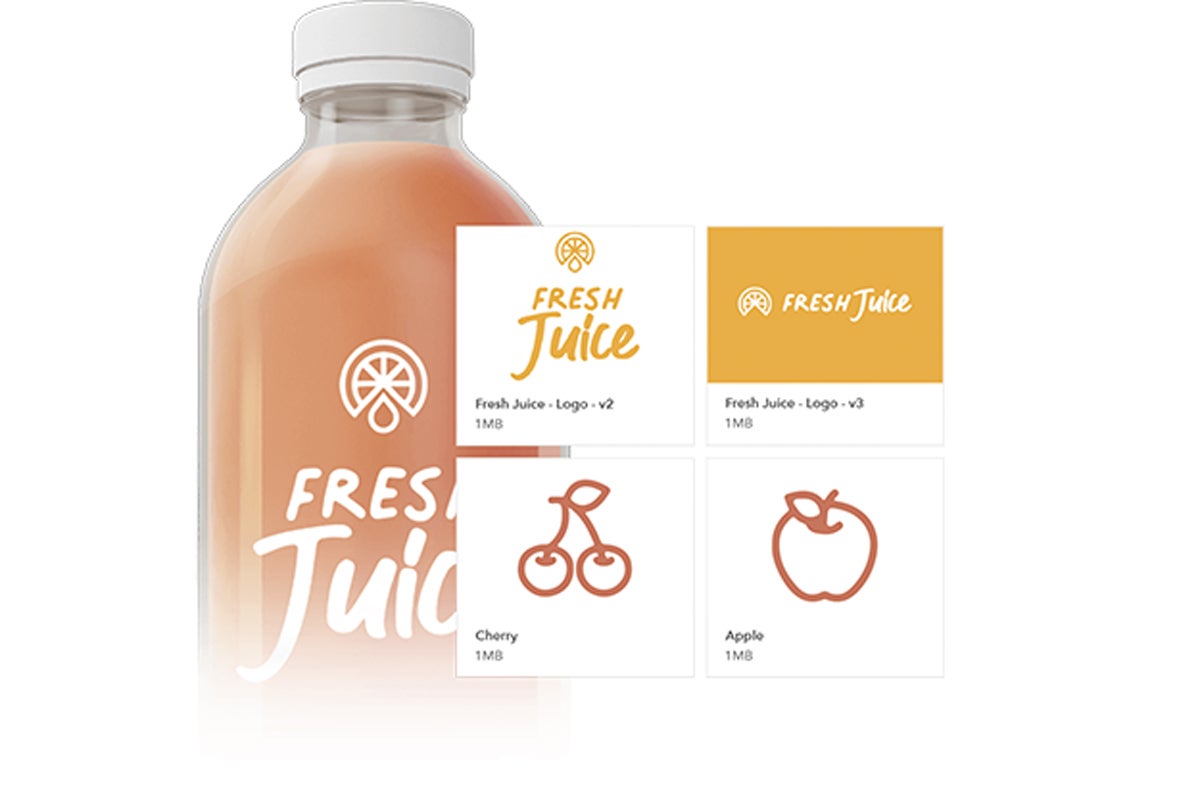
WoodWing is a Business Reporter client
In today’s competitive media landscape, media and publishing organisations are constantly seeking innovative ways to boost revenue. It’s not always a matter of selling more: lowering costs and increasing efficiency can generate the same net result and offer a realistic scenario to achieve sustainable growth.
To give you a clear idea of what is possible, we’ll discuss several strategies that focus on increasing efficiency and lowering the costs of omnichannel content production.
Boosting content operations and collaboration
Optimising your content operations – the tasks and processes involved in creating, managing and distributing content – means refining workflows, implementing the right tools and adopting best practices to ensure efficient content production. For publishers, this should involve using tools, technologies and workflows that reduce manual labour, minimise delays, optimise resources and boost collaboration. Here’s how it breaks down:
Employ a robust, centralised CMS
Adopting a centralised CMS increases operational efficiency – it allows easy access to, and management of, content across the organisation. Centralising tasks in the content delivery supply chain prevents doubling up on work and ensures consistency in content delivery.
Automate content generation with AI
Employing AI tools such as ChatGPT can reduce the production time and costs of content creation to help generate a variety of content types. The temptation to AI-generate large amounts of content (including images), especially when it is incorporated into a CMS, can be hard to resist. Keep in mind, though, that relying heavily on a tool and leaving out the human factor that will make your content unique may generate undesired outcomes – you don’t want your content to be penalised by Google for being AI-generated. To make the most of using AI in content production processes, consider using an AI governance solution to guide your AI initiatives and prevent backfiring due to erroneous use.
Establish clear processes
Work on establishing clear workflows that streamline the reviewing, editing, approval and publishing stages to help your teams meet deadlines. A smooth workflow from ideation to publication enhances productivity, reduces bottlenecks and guarantees cross-platform content delivery in a timely, organised manner.
Use collaboration tools
A dedicated environment is great, but it’s not the sole condition. Also implement tools and systems that enable seamless communication, task delegation and real-time feedback among writers, editors, designers and others involved in the creative process. Such tools let you enhance team collaboration and project management by streamlining communication, task assignment and progress-tracking.
Streamline content creation with a channel-neutral approach
To reach a broader and more diverse audience, go multichannel and distribute content across a variety of platforms and formats. Develop content for all channels in one go by creating channel-neutral content. Or develop the content for one platform first, then repurpose it for additional channels. For reference, read how Hearst uses WoodWing Studio to cover multichannel publishing needs.
Channel-neutral content
Instead of looking for ways to repurpose content, you could opt for creating channel-neutral content. Because the content is consistent across more channels, you cut the extra work it takes to repurpose existing content for additional channels, saving time and resources by shortening the production process.
Cross-promote content
The beauty of cross-promoting content lies in the fact that you can grow your content’s reach by repurposing existing content to offer it on all your audience members’ preferred channels. A marketing mix that includes websites, social media platforms, email newsletters, apps, print media, podcasts and video increases the content’s reach and raises the engagement of your audience – without significant additional costs.
Automate routine tasks
Automating repetitive tasks (content scheduling, social media posting and so on) can make a huge difference in the operational workload. By using specialised automation tools, these tasks are easy to manage, save time and reduce operational costs. Integrating your CMS into your tech stack offers an additional efficiency-boosting strategy to further automate processes and reduce manual work.
Enhance personalisation
Personalisation is key in our consumption patterns. Analysing user data with AI will provide the insights necessary to create personalised content recommendations that increase engagement and retention, with higher conversion rates and more revenue down the line.
Lower costs by centralising your digital assets
Digital asset management – the organised storage, retrieval and distribution of digital content such as images, videos or documents – enables teams to centrally manage vast libraries of assets, making it easier to locate, repurpose and share content across different platforms.

Organise digital assets
According to a McKinsey study, employees spent an average of about 1.8 hours of their working day searching for files and information – that’s almost a quarter of a fulltime workweek! A robust DAM system helps organise and store digital assets, ensuring quick retrieval and reducing time spent on searching for assets.
Connect your digital asset library to your CMS
Integrating your DAM system and your CMS can further optimise your content production cycle, further reducing manual effort and production time with automated meta-tagging, advanced rights management, version control and prevention of repeat purchases.
Repurpose existing content
Existing content can be more valuable than you might think. Repurposing content into different formats for different platforms helps maximise that value. Think of turning a blog post into a podcast episode, video or infographic. This approach saves time and resources, taps into different audience segments and enlarges exposure.

Implement metadata and meta-tagging
Proper metadata and meta-tagging make it easier to categorise and organise digital assets. The same meta-info can be used to locate files fast. This improves workflow efficiency and reduces search time.
Conclusion
By implementing some of the above-mentioned strategies, publishers and media companies can significantly reduce costs and enhance operational efficiency. Embracing technology and innovation in content creation, operations and distribution doesn’t just streamline processes but also opens new revenue streams.
Continuously adapting to the situation and leveraging the right tools to stay ahead of the competition are key. Try to find the balance between using AI tools and human effort. AI makes life easier, but using its output without restraint can have undesirable consequences.
Interested in WoodWing’s Multichannel Publishing and Digital Asset Management solutions? Visit woodwing.com or reach out to us directly.
Download now.
Optimising your content supply chain: AI, automation, and opportunity
Unlock new revenue growth opportunities with AI and automation! Download this WoodWing e-book to discover how optimising your content supply chain can boost efficiency and drive success for publishers and media companies.





